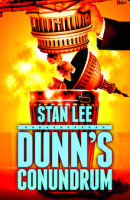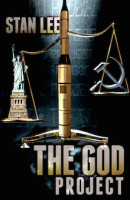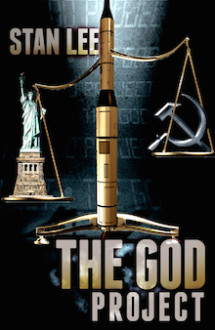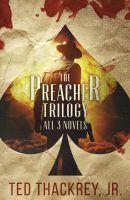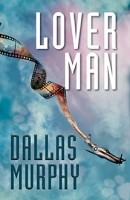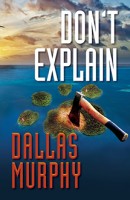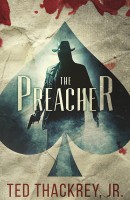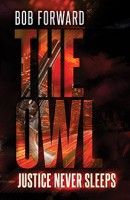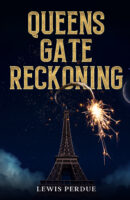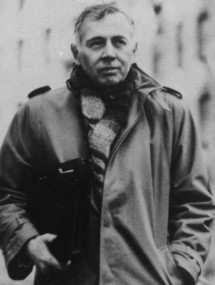
Stan Lee
A successful advertising copywriter known for DDB Worldwide’s notorious political commercial “Daisy,” Stan R. Lee was also the author of two bestselling, highly-acclaimed, and innovative thrillers.
Lee started his career as a writer of suspense novels with Dunn’s Conundrum – a riveting espionage story about a covert US intelligence organization and the operatives who work there. Raising questions about technology, the dangers of information, and the individual right to privacy, Lee’s prophetic thriller was way ahead of its time…and is as powerful today as when it was first published.
Lee’s second thriller The God Project, follows an advertising executive working as a political campaign aide for the President. When the exec is asked to investigate a top secret CIA project, his photographic memory becomes instrumental to identifying the villains and unraveling the plot.
In addition to writing novels and working in advertising, Lee served in the army and the navy during the Korean War and worked as a design engineer and a technical writer. He also served as head copywriter for Lyndon Johnsons’ presidential campaign in 1964 and worked for Eugene McCarthy in 1968. He died in 1997.
Books by Stan Lee
Featured Book
The God Project By Stan Lee
The government has lost a multi-billion dollar secret weapon and the President assigns a very special operative to retrieve it: Malcolm Keyes, a political speech writer who perfectly remembers everything he sees or hears. The unforgettable, utterly original political thriller that revealed the intrigue and insanity of Washington as nobody ever had before.
Reviews For Stan Lee
His writing is smooth and professional, the observations of human foibles mature and often very funny. I predict a long, hearty life for this novel and for practically anything this man cares to write
Robert Ludlum with a sense of humor
Lee's cool, playful treatment--smart dialogue, inventively convincing technology, likably cynical people--makes it all seem sharp and fresh, in a beguiling no-man's-land somewhere between Dr. Strangelove fantasy and dead-on-target Washington reality.
Lee writes with such comic invention and richness of incident that Walter's changes and our own changes of sympathy come gradually and almost unnoticed. The good guys and bad guys at the start of the book switch places by the book's end, yet they are exactly the same people all the way through.
